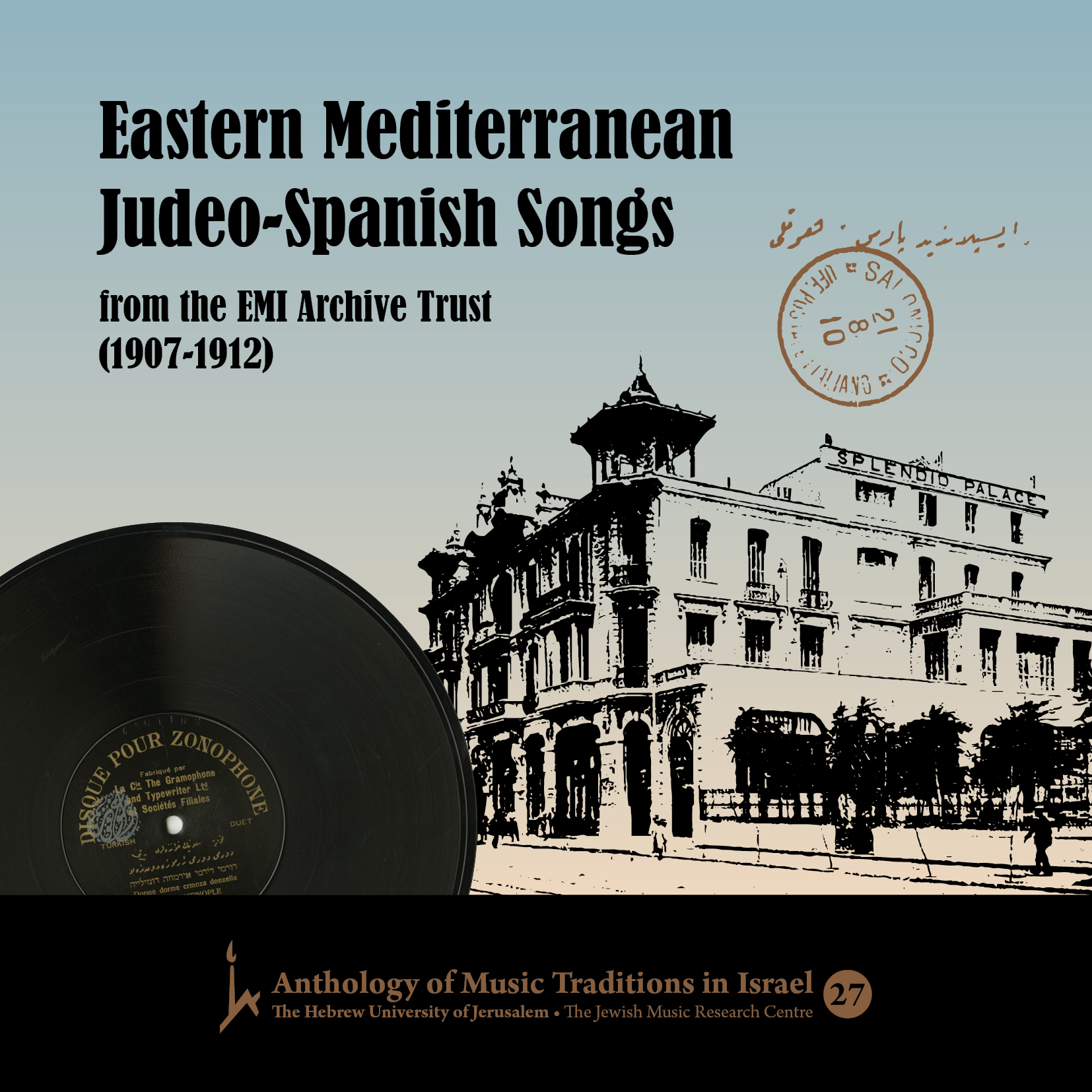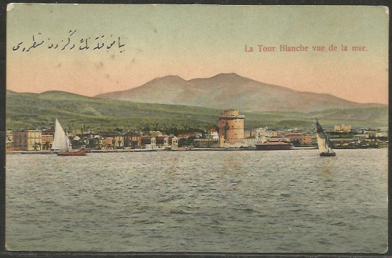CES
33. S’alevantó bula Linda (CES)
Probably this is a wedding song, since it refers to topics such as the ašugar (dowry), marido (husband), desposar y casar (engagement and marriage) and fašadura (baby diapers). The literary motifs of the encounter in the middle of the road (en medio del camino) and the search for the noble husband (marido baronal or caronal) by the wife are found in various cantigas and most especially in romances, such as the romance La vuelta del marido (CMP I1). Characteristic of the romance is also the motif of getting up in the morning, here on Sunday (alhad) while in romances of Hispanic origin it is usually on Monday (lunes). Chobanico (little shepherd) is a word of Turkish origin, equivalent of pastor in Spanish. Mazal and buena ventura frequently refer to a successful marriage. No other version of this text has been documented so far.
S’alevantó bula Linda
y una mañana d’alhad
y una mañana d’alhad
acojer el oro y la plata
y lo mijor del ašugar.Por enmedio del camino
chobanico la topó
y chobanico la topó.
Ande vaš la mi señora
ande vašte por acá
y ande vašte por acá.V’a buscar al mi marido
mi marido caronal.
V’a buscar al mi marido
mi marido caronal,
qu’es amigo baronal.Gozo y bien el mi mazal
de desposar y casar
y tener buena ventura
y tener buena ventura
y tener la fašadura.Por enmedio del camino
chobanico la topó.
Ande vaš la mi señora
ande vašte por acá.
A buscar al mi marido
mi marido caronal.Gozo viene de mazal
de desposar y casar
y tener buena ventura
y tener la fašadura.





